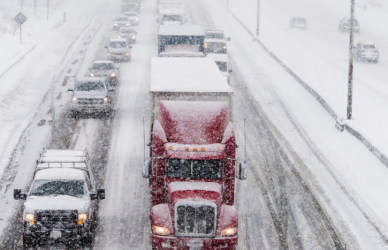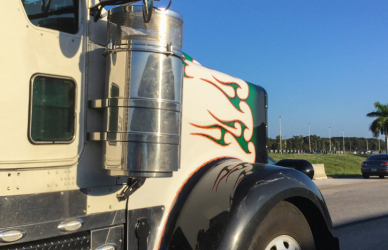For professional drivers who spend a lot of time on the road, it probably will not come as a shock to learn that, according to the recent Cost of Congestion study by the American Transportation Research Institute (ATRI), the trucking industry incurred $94.6 billion in costs due to traffic congestion on U.S. highways in 2021, resulting in a loss of a shocking 1.27 billion hours of productivity.
ATRI stated that in addition to adding direct costs to factors including driver compensation, fuel, and repair and maintenance, it “generates indirect and/or social costs such as supply chain disruptions, inefficient use of fuel, and diminished air quality.”
Furthermore, the report stated that “in 2023, 6.793 billion additional gallons of diesel were wasted due to congestion.”
Congestion on our nation’s highways arises for several reasons, one being the overall poor condition of our nation’s roads and bridges. The health of U.S. roads is, in part, a consequence of the fact that the fuel tax has not been raised since 1993, leading to reduced spending on infrastructure improvements. Outdated infrastructure leads to an excessive amount of congestion and backed-up traffic patterns.
Although Congress passed a massive infrastructure spending bill, which is anticipated to facilitate improvements that alleviate congestion, the broader question remains unaddressed: How will the future funding of the Highway Trust Fund, responsible for financing most federal government spending on highways, be secured?
Presently, it is funded through a federal fuel tax of 24.4 cents per gallon of diesel and 18.4 cents per gallon of gasoline. As we transition into a future with fewer trucks operating on diesel, the source of funds for highways becomes uncertain, prompting the need to address this question before diving too deeply into the zero-emission movement of freight.
Source: Fleet Owner











